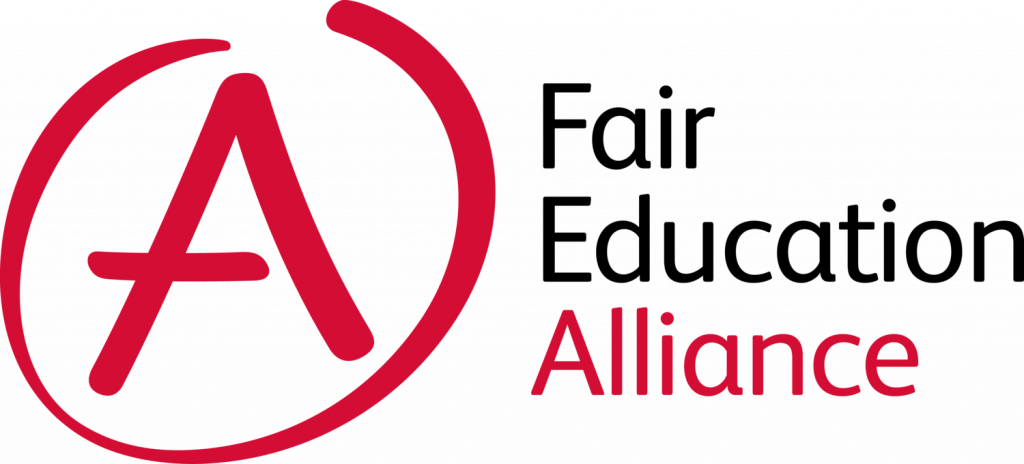THE FAIR ALLIANCE CALLS FOR INVESTMENT IN CAREERS EDUCATION AND GUIDANCE (ENGLAND)

The Fair Education Alliance-Support Kevan Collins and EPI Investment Call – Letter 9 June
The Fair Education Alliance and a cross-sector coalition of over 200 businesses, educationalists, charities and young people ‘who are dedicated to improving educational outcomes for the disadvantaged children in this country’ wrote to the Prime Minister on 9 June supporting Kevan Collins approach calling for recovery plans to commit the £13.5bn recommended by the Education Policy Institute and to include:
- Support and development for the education workforce with a focus on those supporting disadvantaged students: for disadvantaged young people, teachers can make a decisive difference to their futures. Disadvantaged children, on average gain 1.5 years’ worth of learning with very effective teachers, compared to 0.5 years with those teachers who perform poorly. Yet areas of the country with the highest levels of disadvantage often find it difficult to attract and retain high performing teachers, despite this being where they are needed most. Investment in our education workforce with regard to training, support, and development is needed to support school improvement and to make teaching in more challenging areas attractive. In addition to the school workforce, this should includeinvestment in early-years and post-16 further education and have a particular focus on staff supporting disadvantaged young people.
- Increased investment in provision of enrichment activities for children from disadvantaged backgrounds: during the pandemic, children and young people have missed out on a range of formal and informal extra-curricular activities. These play a vital role in enriching children’s lives and supporting their personal development and mental well-being. Outcomes in wellbeing and skills are important in and of themselves, as well as being enablers of academic attainment. We need much more investment in the provision of sport, arts, culture, outdoor learning experiences, work experience and social action for disadvantaged pupils both in and outside of school. Critically this is not about simply adding time to the school day but is about increasing access to these opportunities, particularly forpoorer families.
- Investment in increasing parental, carer, and community engagement in learning (beyond the early years): IFS data (2010) showed that although schools account for 14% of the disadvantage gap at age 11, 49% can be attributed to factors involving parents and carers. We will only see inequalities fully addressed if we consider parents and carers as part of the solution. Emphasis in recent years has been disproportionately focussed on the role of schools. Schools are being asked to do too much on their own. As we emerge from the pandemic, we have an opportunity to create an education system that works for all because it addresses the needs of disadvantaged pupils holistically. Crucially, we are at a moment of opportunity for this change – the last year has created a re-balancing of involvement of parents and carers in the education system and home learning and we can build on this.
- Continued allocation of funds for 1:1 and small group tuition/coaching with a focus on disadvantage: 1:1 and small group tuition for children from disadvantaged backgrounds is a well-evidenced intervention for tackling educational inequality. We support the continued funding for schools so they can provide this intervention for their students.
- Investment in careers education targeted for disadvantaged young people: the pandemic has created a crisis of youth unemployment. Without quality careers guidance pupils who already disadvantaged will be more likely to struggle. Recovery plans must include funding for this support.
- A renewed focus on how the accountability system promotes fairness: we need to ensure that our accountability system is aligned with supporting disadvantaged children and tackling inequality. We recommend revisiting the recommendations of the Accountability Commission led by the National Association of Head Teachers.
- Tackling the digital divide through investment in technology: bridging the digital divide was critical during lockdown to ensure access to remote learning for disadvantaged and vulnerable children and this remains crucial to ensure a fair education for all young people.
We ask that recovery plans continue the provision of technology and connectivity for poorer families, and that digital initiatives are designed and implemented to address the specific needs of disadvantaged young people.
